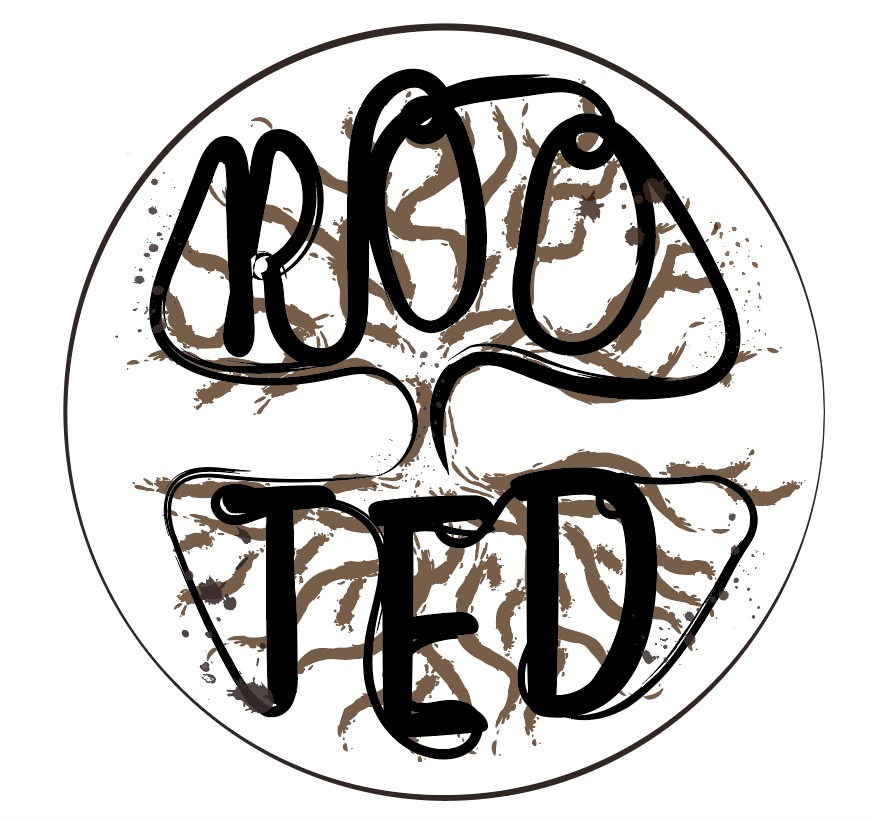“The next pandemic is going to be mental health” (Ruby Wax)

This pandemic has impacted mental health across all generations. Loneliness and isolation existed before the pandemic, but now symptoms are no longer merely associated with the elderly. As students moving into a second lockdown and coming up to mid-term assignments, our adrenaline levels are ever-increasingly under conditions of anticipation, unpredictability and stress. It feels as though worsening mental health is a virus itself that is also catching. Ruby Wax warns the government to prepare for a tsunami of mental health, post-pandemic. So, as the country transitions into another lockdown, we’ve dug deep to uproot and offer some mechanisms that can be put into place to boost body and mind. This week ROOTED offers an addition to the monotonous daily triad of Gym, Library and Home – one which you don’t have to book a table for or spend your depleting loan on.
Bedford Fields Forest Garden – the precious community resource you didn’t know about.
Hyde Park has one of the lowest ratios of greenspace to grey built-up environment in the entire country. And yet, as you turn onto Woodhouse street, just behind Hyde Park Pub, you can find Bedford Fields – an open access community-driven forest garden in which all plants are either medicinal or edible.
Six years ago, this garden was envisioned and created by Joanna Dornan in association with the Leeds Permaculture Network. Serving the local communities of LS6’s Woodhouse and Hyde Park, the hidden space has paths which meander through apple and raspberry fruit tree orchards, past eco-ponds and permaculture plantations, and is complete with a grape-vine- covered compost loo.
A green-wood building that resembles an open-walled yurt, with a ‘living roof’, is a welcoming space to sit and take in the cacophonous birdsong – an experience one wouldn’t expect to find in this industrial city. Edible weeds are trained to crawl up the garden walls and structures which maximises vertical space, whilst also making the garden resilient and wild, facilitating a carbon-rich soil full of worms, fungi and other beneficial microbes. Volunteers explain how this naturally balances insect populations, and creates hedgerows which many animals shelter in. In fact, when ROOTED visited, a field mouse ran straight across our shoes.

Though the Woodhouse parkland provides a great opportunity for a therapeutic run/walk during golden hour, there is something more restorative about sitting down amongst this ‘urbalised’ space of Bedford Fields, which brings ‘rural life to the city’.
Bedford Fields is not just a meditative urban forest garden, but an educative one too. The project aims “to educate volunteers and the local community about forest gardening and wider environmental issues through workdays, workshops and discussion”. It is a wonderful example of how community-driven green space can be resilient to both climactic and social change.

The garden is full of what would commonly be considered ‘weeds’, but volunteers insist that these are “perfectly edible and delicious”, and that we are “welcome to harvest these at any time”. When ROOTED visited, we decided to pick some rosemary and mint – perfect for adding to roast potatoes, and so much cheaper than buying peppermint tea! Just take along an old jam jar, Tupperware or plastic container, and pick whatever you know you’ll use up.
We use the App ‘Picture This’, which is like having a botanist in your pocket. The app uses revolutionary artificial intelligence technology to ID any plant instantly when you snap a picture of the flower or leaf. Always wash your foraged goods once you get home, and never eat anything you’re not one hundred percent certain of!
When the library feels stale and high intensity exercise at the gym isn’t offering much needed respite, we often find that foraging gives great purpose to a mindful walk which would otherwise feel awkward or pointless, and there’s something deeply gratifying about returning home with something that you can continue to use and share with your housemates.

Why We Need Trees – The Science.
Trees & Hormones: Trees and plants have been proven to emit phytoncides – almost like pheromones, these gasses repel and fend off bacteria and fungi. This, combined with the cortisol-reducing effects that these pheromones have been proven to have on the body, means that taking a trip to Bedford Fields, Meanwood Forest or even just sitting on a park bench in Hyde Park, could actually boost the immune system.
Natural Images vs Our Screens: The constantly changing and shifting images of virtual screens don’t allow time for our brains to grasp the detail that they display. We haven’t evolved in an environment or way that is used to, or facilitates, the rapid cognitive shifts, responses and reception that screens demand, let alone at the rate and time spent facing a screen with online learning. Put simply, screen time is stressful, and looking to nature offers respite.
‘Shinrin-yoku’: Still not convinced? You don’t have to look far to find the manifold and multiple scientific studies conducted into the Japanese practice of forest bathing and the proven benefits of the aromatherapy of phytoncides.
Crucially, though, Bedford Fields welcomes anyone to come and contribute to the garden, and organises tours, workshops, workdays and other events where “further insights into this natural and sustainable art of gardening can be explored”. (Bedford Fields Community Garden)

